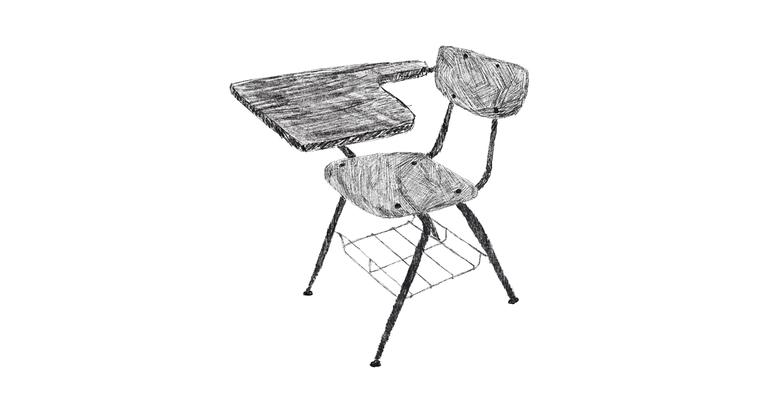
Education
Jonathan Small | February 21, 2022
Why weren’t schools prepared for COVID?
Jonathan Small
Gov. Kevin Stitt’s critics, who include some officials working in public schools, have suggested he can somehow stop the spread of an airborne virus with the wave of a government wand. If that’s true, then why haven’t those critics done so in public schools?
Contrary to stereotype, Oklahoma schools have been flooded with federal funding to address COVID challenges, yet many continue to close for in-person learning as though nothing has changed since the pandemic’s initial outbreak.
Since 2020, Congress has approved three rounds of federal COVID-bailout funding, providing more than $2 billion combined to Oklahoma school districts to mitigate viral spread, address challenges created by the pandemic, and reverse learning loss tied to COVID shutdowns.
More than 70 percent of that money—about $1.4 billion—remains unspent today, according to figures recently presented to state lawmakers during a budget hearing for the Oklahoma State Department of Education.
Beyond hand sanitizer and masks, how have schools spent their COVID funds? And how do they plan to use those funds to prepare for the labor challenges created by inevitable viral surges? So far, it appears many schools simply pretend the money doesn’t exist.
Rick Cobb, superintendent of the Mid-Del School District, which recently closed due to COVID spread, claimed on Twitter his district had used “duct tape and bailing wire” to ensure students have in-person instruction this year.
Is $1.4 billion in unspent statewide funding really “duct tape”? Or is that mere posturing when someone has dropped the ball?
It’s true that schools, like most businesses, have had workers sidelined due to the latest COVID surge. And it’s true money won’t make a COVID-infected teacher suddenly COVID-free and able to return to the classroom.
But, given the funding available, why didn’t schools raise the pay for substitutes to a level that attracted a ready workforce of temporary replacements? Few districts appear to have taken that sensible precaution.
Also, relatively few strings were attached to federal COVID funds. In 2020, the chief of government affairs for the Oklahoma Department of Education publicly said the categories of allowable spending were “very broad” and “could be applied to just about anything, any sort of disruption or need as a result of the coronavirus disease.”
So districts haven’t had their hands tied. If they’re using baling wire to hold schools together during COVID, it’s because they limited themselves to baling wire. It’s notable that private schools and some charter schools seem to be adapting much better and more consistently maintaining in-person instruction.
Parents have the right to expect better planning from schools and fewer excuses. Parents continue to work and get their jobs done. Schools can do the same, especially since places other than schools are maintaining service amidst COVID without $1 billion in extra federal funding.

Jonathan Small
President
Jonathan Small, C.P.A., serves as President and joined the staff in December of 2010. Previously, Jonathan served as a budget analyst for the Oklahoma Office of State Finance, as a fiscal policy analyst and research analyst for the Oklahoma House of Representatives, and as director of government affairs for the Oklahoma Insurance Department. Small’s work includes co-authoring “Economics 101” with Dr. Arthur Laffer and Dr. Wayne Winegarden, and his policy expertise has been referenced by The Oklahoman, the Tulsa World, National Review, the L.A. Times, The Hill, the Wall Street Journal and the Huffington Post. His weekly column “Free Market Friday” is published by the Journal Record and syndicated in 27 markets. A recipient of the American Legislative Exchange Council’s prestigious Private Sector Member of the Year award, Small is nationally recognized for his work to promote free markets, limited government and innovative public policy reforms. Jonathan holds a B.A. in Accounting from the University of Central Oklahoma and is a Certified Public Accountant.